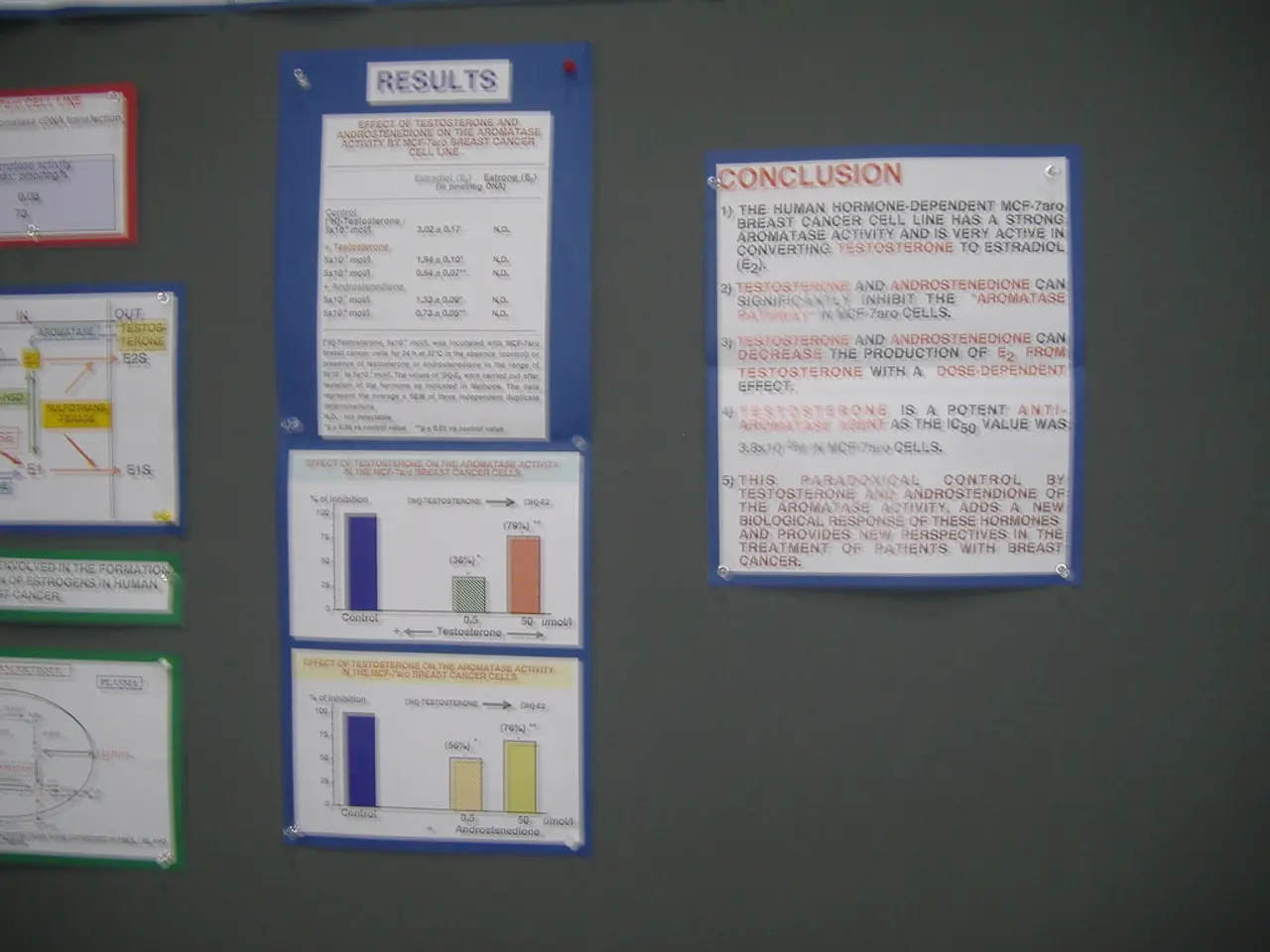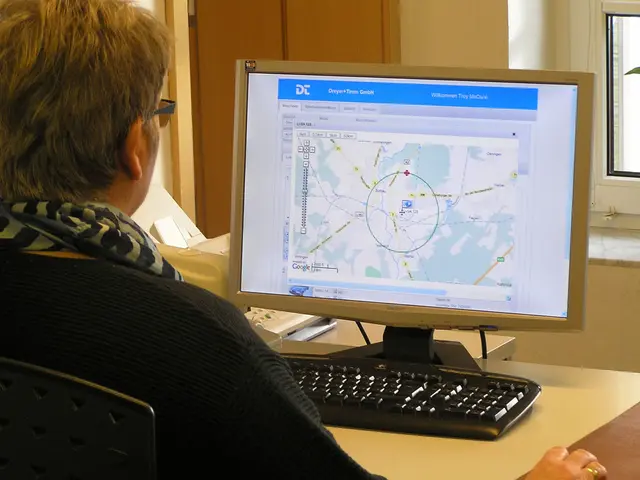Banking Innovation: The Bank Geared for the Future
In the ever-evolving landscape of banking, competition is heating up and business process is becoming a strategic differentiator. Banks that invest in refining how value is delivered and apply technology to scale and enhance it will lead in the next era.
As customer expectations rise and policy and regulatory direction remains fluid, it's essential for banks to deliver consistent, policy-aligned onboarding experiences that integrate Know Your Customer requirements, documentation, and early servicing workflows. This approach delivers a competitive edge in client experience while meeting compliance expectations.
Key business goals include smarter credit decisions, better conversions, and fewer exceptions. Anchoring transformation efforts in business outcomes, not just tools, is crucial for sustainable growth in banks. Experience is delivered through execution in business processes, and driven by rules-based processes and smart exception workflows, credit decision speed and quality will determine time to market for new products and the ability to scale risk management in lending.
Modernizing payments involves enabling real-time clearing and intelligent routing, with a focus on handling validation, exception resolution, and fraud prevention in near real-time. Building modular, transparent, adaptive workflows that allow for scale and evolution is crucial for banks' future-proofing strategies. Speed comes from simplicity in business processes, and a process-first approach involves focusing on outcomes, mapping the front-to-back journey, and prioritizing process leverage points.
Treating business process improvement as a strategic priority is necessary for simplifying and modernizing internal workflows to enable speed, resilience, and scale. Resilience is a process discipline, and banks that elevate process to a strategic discipline will not just keep pace with change, but define what modern banking becomes.
In the realm of regional banks, the future viability depends on leadership by committed and experienced teams that maintain trust, stability, and customer proximity. For example, cooperative banks in Germany emphasize membership as their strategic core, strengthening their role with 17.6 million members and solid financial results in 2024. Leadership involves strengthening personnel and economic resources to create new perspectives, as seen in banks like VR-Bank and Sparkasse with engaged, experienced teams and local presence.
The six-part series on Elevating business process for sustainable growth will cover topics such as modernizing payments, onboarding and servicing clients, reinventing lending, embedding resilience into process redesign, and increasing adaptability. Stay tuned for more insights on how banks can navigate the future of banking.
Read also:
- Peptide YY (PYY): Exploring its Role in Appetite Suppression, Intestinal Health, and Cognitive Links
- Toddler Health: Rotavirus Signs, Origins, and Potential Complications
- Digestive issues and heart discomfort: Root causes and associated health conditions
- House Infernos: Deadly Hazards Surpassing the Flames





